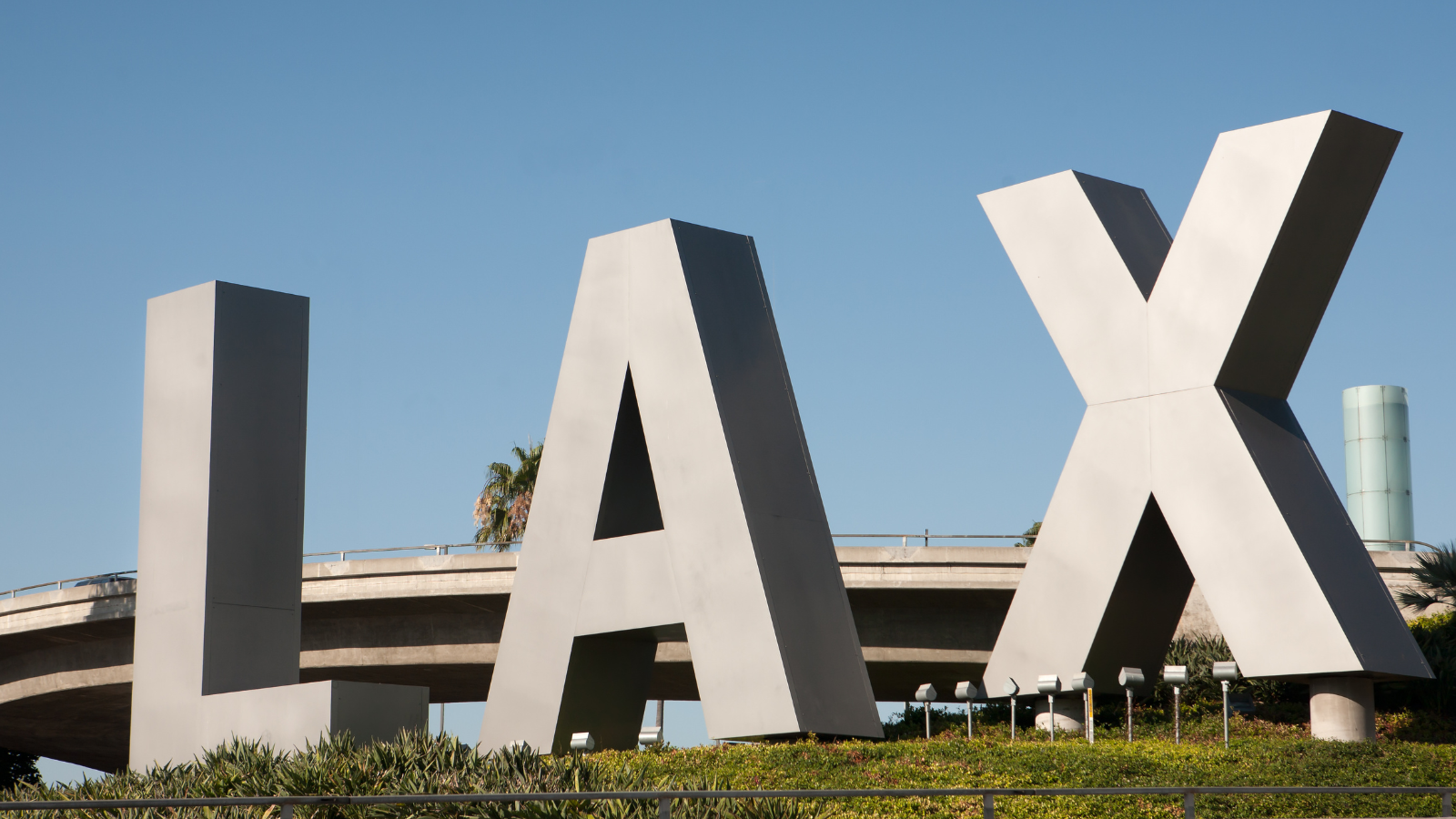Senate Passes $105 Billion Bill to Boost Air Travel Safety and Customer Service
The Senate passed a $105 billion bipartisan bill to improve air travel safety and customer service. This legislation, passed with an 88-4 vote, comes on the heels of recent near-collisions at U.S. airports and aims to boost the number of air traffic controllers, improve safety standards, and simplify the refund process for delayed or canceled flights. Additionally, the bill requires airlines to waive fees for families sitting together and provides better access for travelers with disabilities.
To prevent disruptions in FAA operations, the Senate also passed a one-week extension to ensure the law doesn't expire before the House reviews the bill. Without this extension, the FAA would have faced furloughs for about 3,600 workers.
Key safety measures include new technology to prevent runway collisions, a requirement for cockpit voice recorders to store 25 hours of audio, and more inspectors for manufacturing facilities. Additionally, a new consumer "dashboard" will allow flyers to compare seat sizes across airlines.
Despite the strong support, some lawmakers, particularly from Virginia and Maryland, objected to provisions allowing extra flights to and from Reagan Washington National Airport, citing safety concerns. Ultimately, the bill passed with widespread support, offering air travelers improved safety, convenience, and transparency.
Read more at NPR >
Why This Matters:
Any changes to air travel safety and customer service impact the movement of people and goods. If air traffic controllers become more available and the FAA tightens safety standards, it could lead to fewer delays and smoother air freight operations, helping your logistics run on time.
Our Take:
The bill's new requirements could improve the reliability of air transportation, which is great for everyone moving products or people. However, those extra consumer protections for refunds might push airlines to revise their policies and increase costs elsewhere. Keeping an eye on the evolving airline landscape will help you adapt your logistics strategy and minimize disruptions. The smoother air travel is, the more predictable your shipments can be.
The Senate passed a $105 billion bipartisan bill to improve air travel safety and customer service.
The U.S. airline regulators are looking into an unusual incident where a part of a Boeing 737-800’s engine came loose during takeoff.
Boeing made a sudden move on Monday, shaking up its leadership amidst a significant safety crisis.
Airbus's CFO, Thomas Toepfer, in a chat with CNBC, expressed concern about the troubles hitting their U.S. competitor, Boeing, and how it's bad for the whole aviation industry.
The Federal Aviation Administration (FAA) plans to require fixes for newly discovered design flaws in Boeing's 737 MAX and 787 Dreamliner jets.
The Biden Administration is taking steps to address long-standing complaints from travelers who use wheelchairs about airlines damaging or losing their mobility devices.
United Airlines now offers Touchless ID technology for TSA PreCheck members at Chicago's O'Hare and Los Angeles international airports, simplifying the security process.
Inclement weather, including storms and heavy showers, is expected to disrupt Thanksgiving travel plans in the United States.
Unusual planes were spotted circling over the Bay Area during the Asia-Pacific Economic Cooperation (APEC) conference in San Francisco.
An Alaska Airlines flight operated by Horizon Air had to divert to Portland International Airport in Oregon after an off-duty Alaska pilot attempted to interfere with the engines.
United Airlines is implementing a new boarding procedure, known as WILMA (window-middle-aisle), starting from October 26.
The looming government shutdown deadline this Saturday not only threatens the functioning of federal agencies but also endangers the aviation industry, including potential flight delays, longer security lines, and setbacks in air traffic control training and modernization efforts.
Transportation Secretary Pete Buttigieg has issued a warning about potential airline disruptions if Congress fails to pass funding bills or reach a short-term resolution before the looming government shutdown deadline.
The boarding process for flights has become increasingly chaotic and inefficient, and this has largely been by design to encourage passengers to pay for priority boarding and other services.
A report by The New York Times sheds light on an increasing number of near-collisions and safety incidents in the aviation industry.
Republicans on the House Committee on Oversight and Accountability are seeking information from Transportation Secretary Pete Buttigieg regarding aviation and rail safety issues.
AeroCision, an aerospace supplier, has received interim court approval to pay critical vendors up to $5 million, including recent shipments made before filing for Chapter 11 bankruptcy.
Los Angeles International Airport (LAX) has chosen a consortium led by Realterm, the largest manager of on-airport air cargo real estate in North America, to undertake a revolutionary cargo improvement project.
Airlines' cargo revenue is experiencing a significant slump, with Delta, United, and American reporting year-over-year declines of about 40% in their second-quarter cargo revenue.
United Airlines CEO Scott Kirby's concerns about air traffic control issues causing flight delays in the New York region are supported by a Department of Transportation audit, which revealed severe understaffing in critical air-traffic facilities.
Secretary of Transportation Pete Buttigieg responded to criticism regarding flight delays across the country, downplaying his department's responsibility.
The rise of online ticket booking revolutionized the way people purchase flights, offering transparency and convenience.
Airline delays and cancellations continue to plague travelers in the United States, raising concerns as the long July 4 holiday weekend approaches.
The Paris Air Show highlighted the aviation industry's increasing focus on sustainability and reducing greenhouse gas emissions.
Paris is setting the stage for a transportation revolution as it prepares for the 2024 Olympic and Paralympic Games by planning a fleet of electric flying taxis.
Wildfire smoke from Canada caused flight disruptions in the Eastern U.S. on Thursday, following delays the previous day due to decreased visibility.
As the summer travel season commences, travelers and airlines are looking for ways to navigate increased costs and high demand.
Troubles from the 2022 travel season continue to haunt Americans as they prepare for the upcoming summer travel period.
Southwest Airlines pilots have voted overwhelmingly to authorize a potential strike, adding to the challenges the carrier is already facing.































On a busy soundstage, the cast and crew are relying on a small blue ball to work its magic.